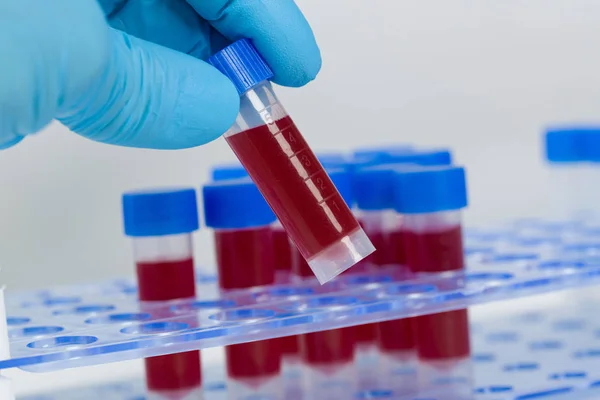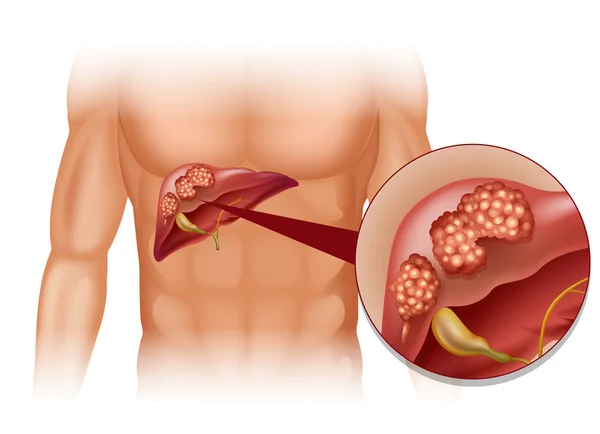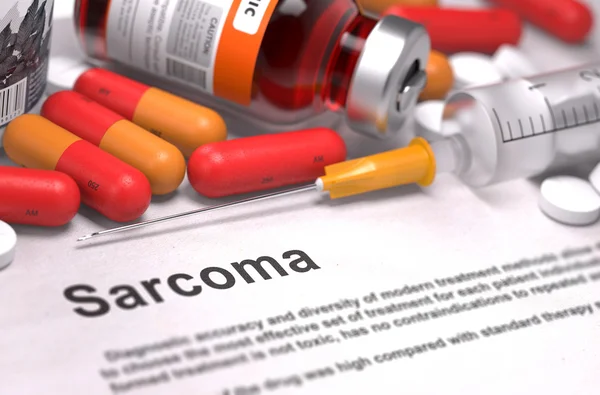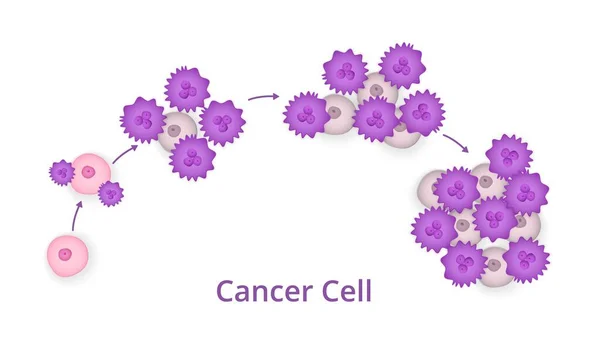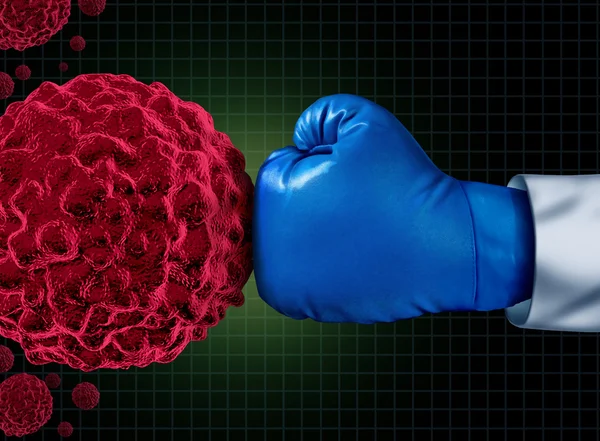
Cancer remains one of the leading causes of mortality globally, but a significant proportion of cancer cases are preventable. Preventing cancer involves changes at both the individual and systemic levels, encompassing lifestyle modifications, regular screening, vaccinations, environmental actions, and policy measures. While not all cancers can be prevented due to factors like genetics and aging, adopting certain strategies can significantly reduce the risk of developing many types of cancer.
Lifestyle Modifications
- Avoid Tobacco: Tobacco use is the single largest preventable cause of cancer worldwide. It is strongly linked to an increased risk of lung, mouth, throat, pancreas, bladder, stomach, liver, colon, and rectum cancers, among others. Quitting smoking and avoiding secondhand smoke can drastically reduce cancer risk.
- Maintain a Healthy Diet: A diet rich in fruits, vegetables, whole grains, and lean proteins can help lower the risk of certain cancers. Limiting processed meats, red meat, and foods high in fats and sugars is also recommended. Additionally, alcohol consumption is linked to several types of cancer, including breast, liver, and colorectal cancers, making moderation or avoidance beneficial.
- Regular Physical Activity: Engaging in regular physical activity helps maintain a healthy weight and can reduce the risk of cancers such as breast, colon, kidney, lung, and prostate cancer. Aiming for at least 150 minutes of moderate-intensity or 75 minutes of high-intensity exercise weekly is recommended.
- Sun Protection: Ultraviolet (UV) radiation from the sun and tanning beds significantly increases the risk of skin cancers, including melanoma. Using sunscreen, wearing protective clothing, and avoiding the sun during peak intensity hours can protect the skin.
- Maintain a Healthy Weight: Obesity and overweight are linked to higher risks of various cancers, including esophageal, pancreatic, liver, colorectal, breast (after menopause), and kidney cancers. Weight management through diet and physical activity is crucial.
Regular Screening and Early Detection
Early detection of cancer can significantly improve treatment outcomes. Regular screenings such as mammograms, Pap smears, and colonoscopies can detect cancers at an early stage, even before symptoms appear. It’s important to follow recommended screening guidelines and consult a healthcare professional about individual risk factors.
Vaccinations
Vaccines can prevent infections that may lead to cancer:
- Hepatitis B Vaccine can prevent liver cancer linked to chronic Hepatitis B virus (HB supplemented V) infection.
- Human Papillomavirus (HPV) Vaccine helps prevent cervical cancer and other cancers associated with HPV, including some head and neck cancers.
Environmental and Occupational Hazards
Reducing exposure to carcinogens in the environment and workplace can prevent specific cancer types:
- Avoiding Exposure to Industrial and Environmental Toxins: Such as asbestos, benzene, and other chemicals.
- Radiation Exposure: Limiting medical imaging tests that produce high doses of radiation and using protective measures in occupational settings can reduce risks.
Public Policy and Advocacy
Supporting policies that promote healthy environments can indirectly reduce cancer risk. These include regulations on tobacco sales and advertising, promoting access to healthy foods, ensuring the safety of consumer products, and improving air and water quality.
Conclusion
Preventing cancer involves a combination of personal choices and broader societal actions. While not all cancers can be prevented, understanding and applying known prevention strategies can significantly reduce the risk of developing cancer. It’s essential for individuals to engage in healthy behaviors, undergo recommended screenings, and advocate for policies that support a cancer-preventive environment. Collaboration between healthcare providers, researchers, policymakers, and communities is crucial in the global fight against cancer, aiming to reduce the incidence and burden of this disease.

